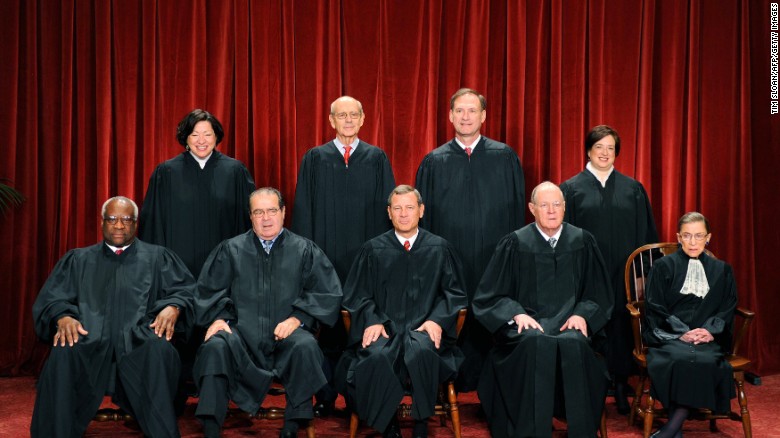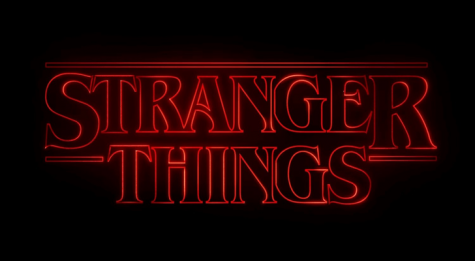Scalia Death and What it Means
Recently, Supreme Court Justice Antonin Scalia passed away, leaving the Supreme Court as well as Congress in a state of confusion. The two major areas of concern are, first off, the ruling of cases not yet resolved, and secondly, how a liberal president can replace such a conservative minded Judge without controversy.
Antonin Scalia, appointed to the Supreme court by President Reagan in 1986, has served the role of “originalist and textualist” (Chemerinsky). In other words, he supported the belief that the Constitution should be interpreted in terms of a conceptual, not literal, meaning. While supporting liberal causes like free speech, he has adhered to conservative views as well, particularly regarding abortion, gay marriage and Obamacare. Scalia’s opinions and actions have made him a favorite among Republicans; in particular, he played an essential role in handing George Bush the 2000 presidency, believing it to be “the right thing to do” (Biography.com). With a man of such strong opinions abruptly leaving a hole in his place, the confusion is very understandable.
The Supreme Court makes rulings based on the opinions of its nine members. Now with eight, some decisions have ended up in a tie. The tradition of the court is that in order to make a ruling, Justices must be present. As he is now deceased, Scalia’s votes in recent cases are constitutionally void; the unexpected turn has angered many who depended on his votes. Several of the Court’s rulings have subsequently become a 4-4 tie, and their correspondent cases have been handed back down to the lower courts; essentially the Supreme Court has lost its say in these instances. The overall consequences of Scalia’s death has pressured President Obama in his selection of a new Justice for the Supreme Court.
Obama faces a delicate task. With the Republican Senate, it becomes a matter of bringing balance to the court. Naturally Obama would lean towards appointing a liberal mind to the Court, but would this be approved by the Senate? Probably not. Choosing a new Justice that satisfies everyone will be impossible. But it has to be done; in reality it might fall on the shoulders of the next President, whoever that may be. That, however, is no guarantee the candidate will be approved in one term, rendering Supreme court useless for an indefinite or unknown period of time.This is, by no means, a simple matter to resolve, so it will be interesting to see how it is handled.














